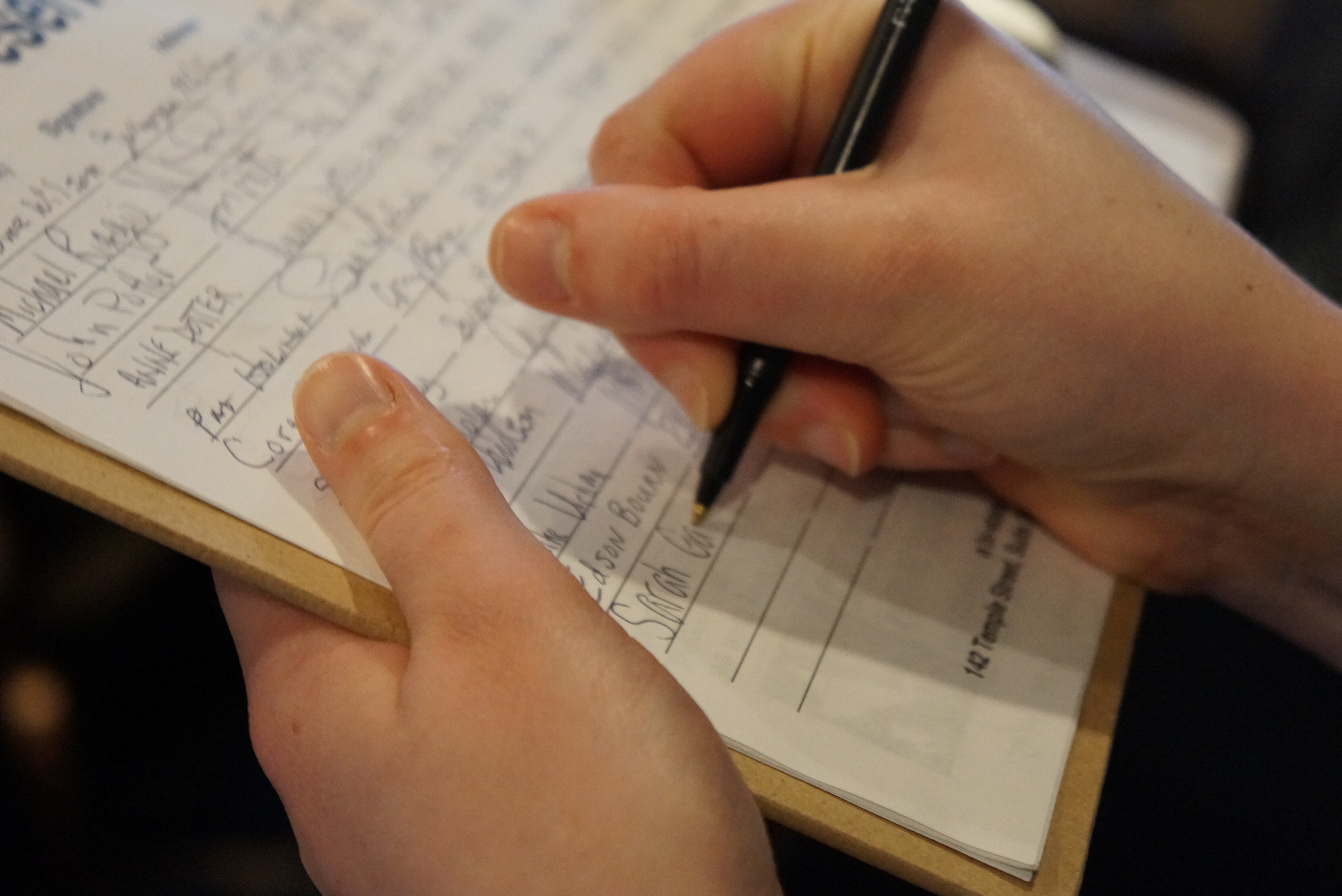Nationwide, most people aren’t able to put solar panels on their roofs—because they rent, live in an apartment or other multi-family housing, or their roof is too shady or otherwise unsuitable. In Connecticut, about 80% of residents are unable to do rooftop solar.
The solution is shared solar (also known as community solar), in which anyone with an electric bill can purchase a portion of the power produced from a larger solar installation. Shared solar has taken off in states around the country, including Massachusetts and New York, and has generated significant economic and environmental benefits. Our newest podcast tells the legislative story of shared solar in Connecticut, in only 9 minutes!
[archiveorg KeepingItGreen014 width=640 height=30 frameborder=0 webkitallowfullscreen=true mozallowfullscreen=true]But in Connecticut, shared solar is still not an option. In 2015, the state legislature passed Public Act No. 15-113, which authorized a small two-year pilot program that allows just 6 MW of projects.
The program was supposed to launch January 1, 2016. But that didn’t happen. Instead, the utilities said the shared solar law lacked details, and clarification was needed. The Department of Energy and Environmental Protection (DEEP), which is responsible for implementing the pilot, agreed.
Instead of implementing the program, DEEP asked the Public Utilities Regulatory Authority (PURA) to provide clarification. But PURA said it didn’t have authority to do that. PURA suggested that DEEP either implement the program using existing law as guidance or ask the state legislature to clarify the law.
DEEP chose not to implement the pilot program. Instead, the agency asked the legislature for clarification. The Energy Committee approved two bills that would clarify the law: S.B. 334, a technical fix bill, and H.B. 5427, which would add new provisions to the shared solar law. It would also extend the pilot to account for the ongoing delay.
Unfortunately, H.B. 5427 would not allow project financing to exceed 20 years, which would make projects more expensive and make it harder for smaller solar developers to participate in the pilot. Allowing financing for the life of the equipment (25-30 years), as other states have done, would be a better approach because it would reduce costs.
The legislative session ends May 4. We will post an update if the legislature passes one of the shared solar bills and the governor signs it into law.
 DEEP issued a notice of next steps for the pilot program in March. The notice says DEEP plans to select proposals to build shared solar projects this fall. It is unclear whether that will happen if neither shared solar bill passes.
DEEP issued a notice of next steps for the pilot program in March. The notice says DEEP plans to select proposals to build shared solar projects this fall. It is unclear whether that will happen if neither shared solar bill passes.
Meanwhile, the thousands of Connecticut citizens who want shared solar go on waiting.
If you think shared solar should be an option for EVERYONE in Connecticut, please sign our petition asking the legislature to authorize a full-scale, statewide program that does not cap the number of projects or total megawatts.
